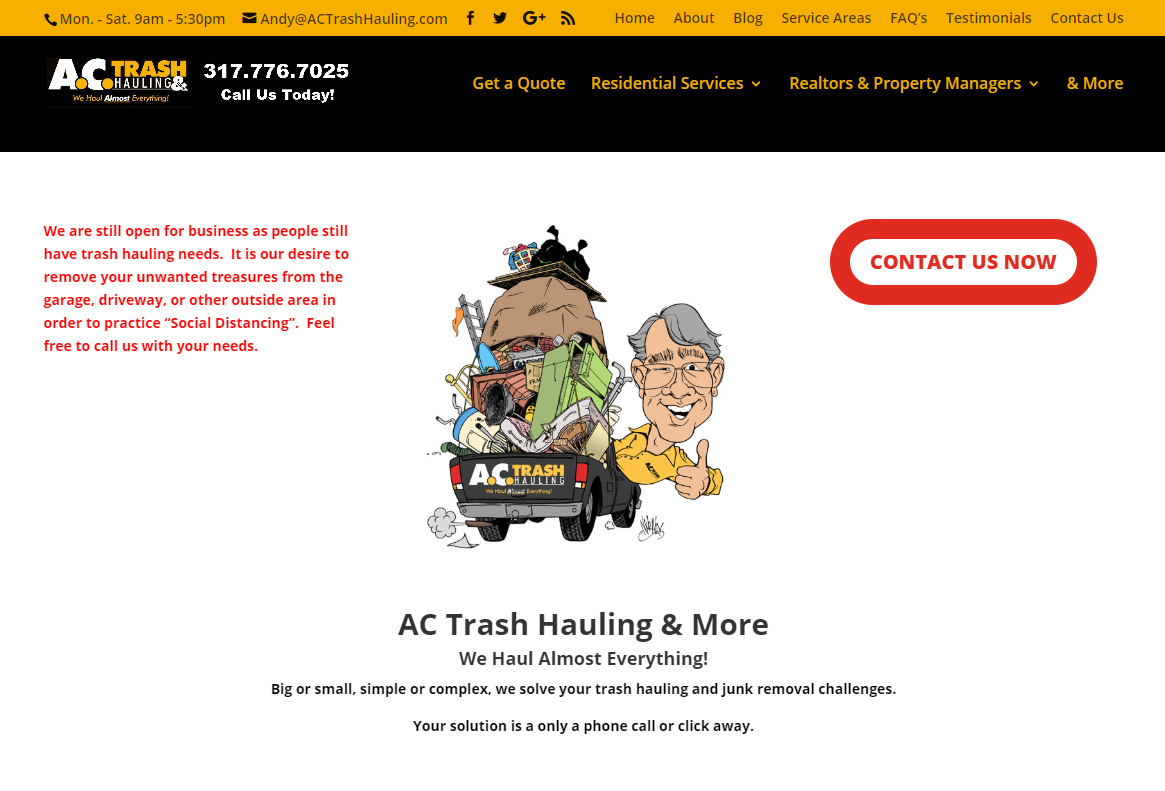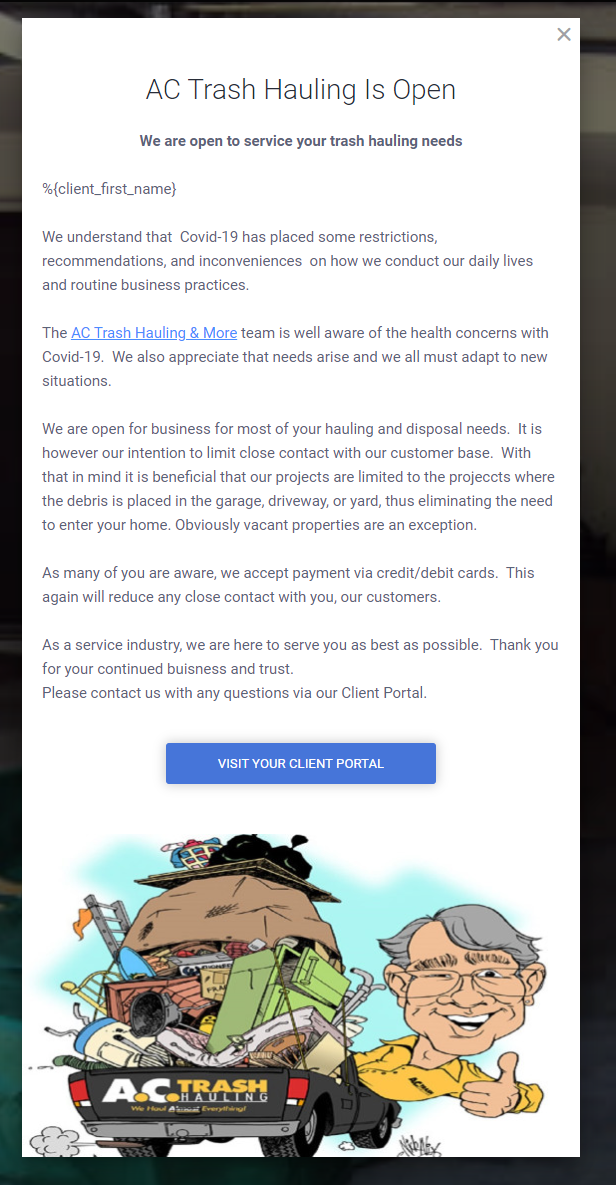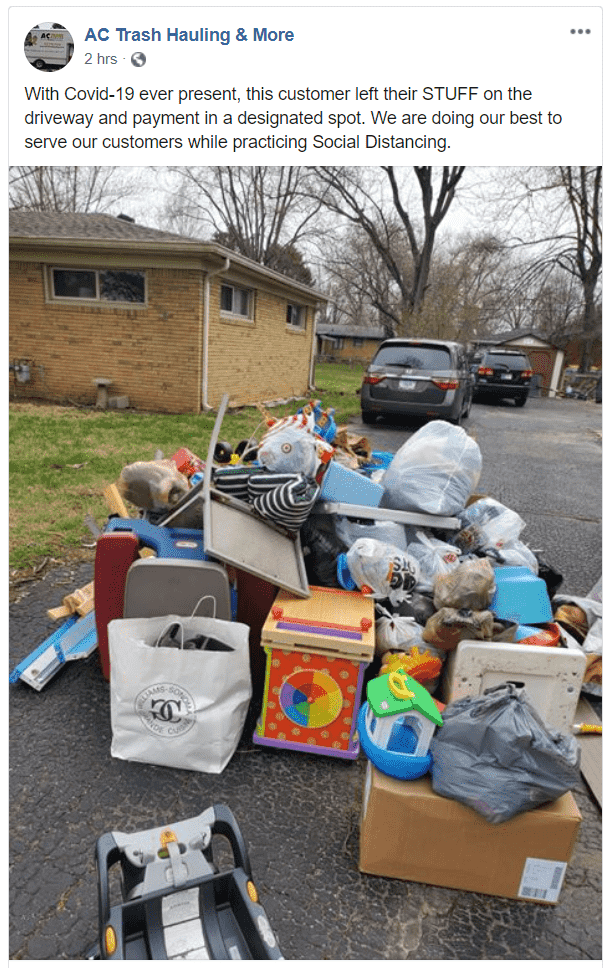In an attempt to slow the COVID-19 virus’s rapid spread, many local, state and federal governments have issued quarantine and shelter-in-place orders. But, while many businesses are being forced to shut down, others are deemed “essential services” — necessary to protect and sustain our communities.
It’s up to individual state leaders to declare which businesses and services are essential. While some services would make every state’s list (healthcare, energy, water), other businesses might be left wondering if they’re considered “essential enough” to stay open.

Modern Small
Business Playbook
Find expert tips and tools to help you streamline communications, automate your marketing efforts, improve your business operations, and more in this free guide.
Here’s Texas’s list of “Essential Services”:
- Healthcare / Public Health
- Law Enforcement, Public Safety, And Other First Responders
- Food And Agriculture
- Energy
- Water And Wastewater
- Transportation And Logistics
- Public Works And Infrastructure Support Services
- Communications And Information Technology
- Other Community- Or Government-based Operations And Essential Functions
- Critical Manufacturing
- Hazardous Materials
- Financial Services
- Chemical
- Defense Industrial Base
- Commercial Facilities
- Residential/Shelter Facilities And Services
- Hygiene Products And Services
Did your business make your state’s list? Are you able to operate while respecting social distancing and other mandates?
Introducing a “No Contact” Model
Popular food delivery service Postmates was one of the first businesses to introduce a “no contact” model for deliveries. Most simply, instead of asking customers to interact in person with delivery drivers, they offered to leave deliveries at the door. Doing so limits physical interactions in compliance with social distancing.
But large companies aren’t the only businesses able to offer no contact deliveries.
Thryv user AC Trash Hauling & More had the same idea. As a waste business, their services are still very much needed during the pandemic.
How AC Trash Hauling & More implemented the non-contact business model:
- When a service is scheduled, they advise clients to leave their discarded items outside the home.
- Staff can then pick it up without having to interact with the family.
- They also began offering online payments for all of their services through their client portal and their website.
Most importantly, they communicated their no contact policy across their marketing channels to help customers feel safe and secure in working with them through the crisis.
They used simple, easy-to-understand messaging to convey the change.
Their website:

An email to their client list:

A social media post:


Modern Small
Business Playbook
Find expert tips and tools to help you streamline communications, automate your marketing efforts, improve your business operations, and more in this free guide.


